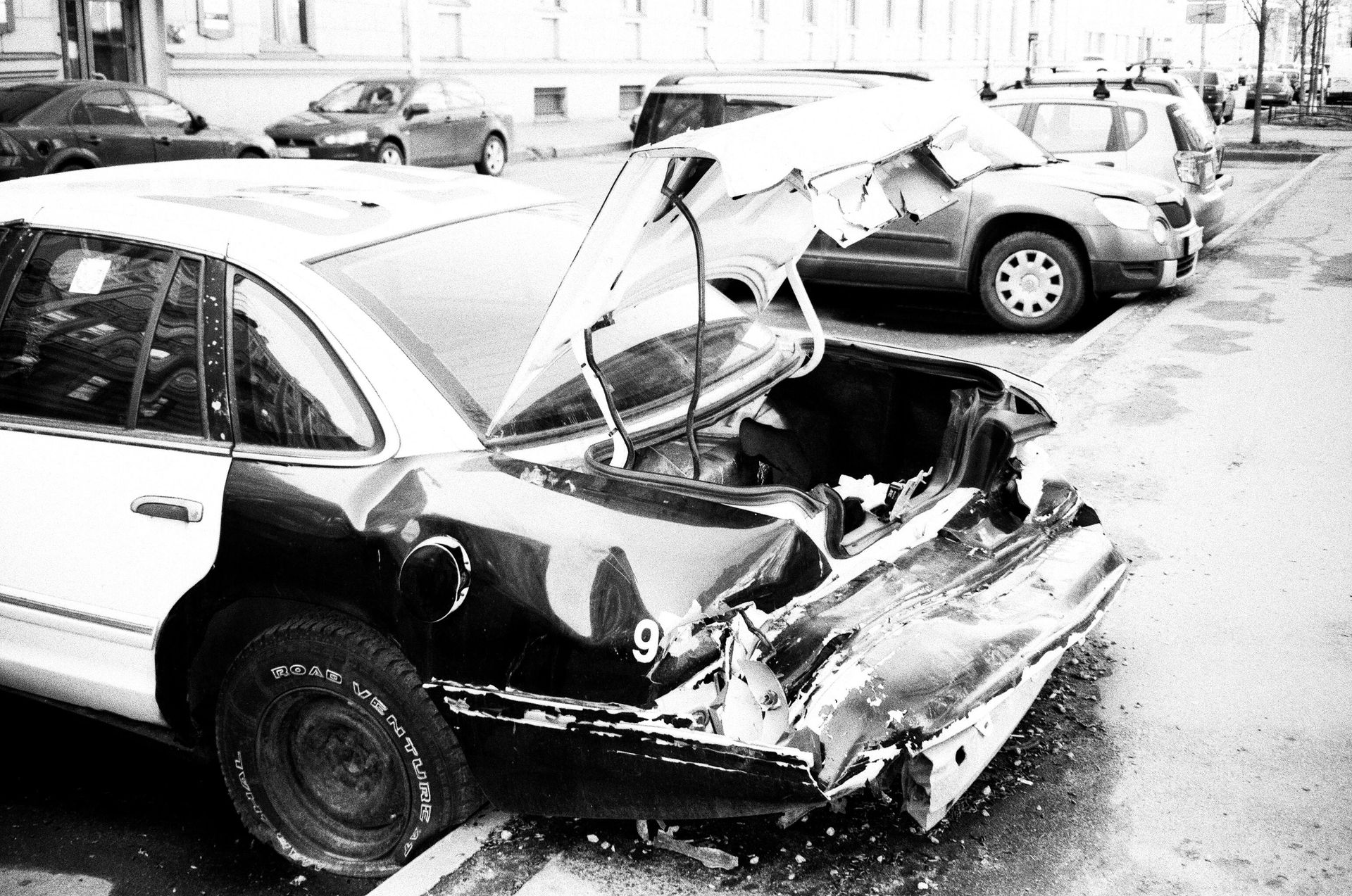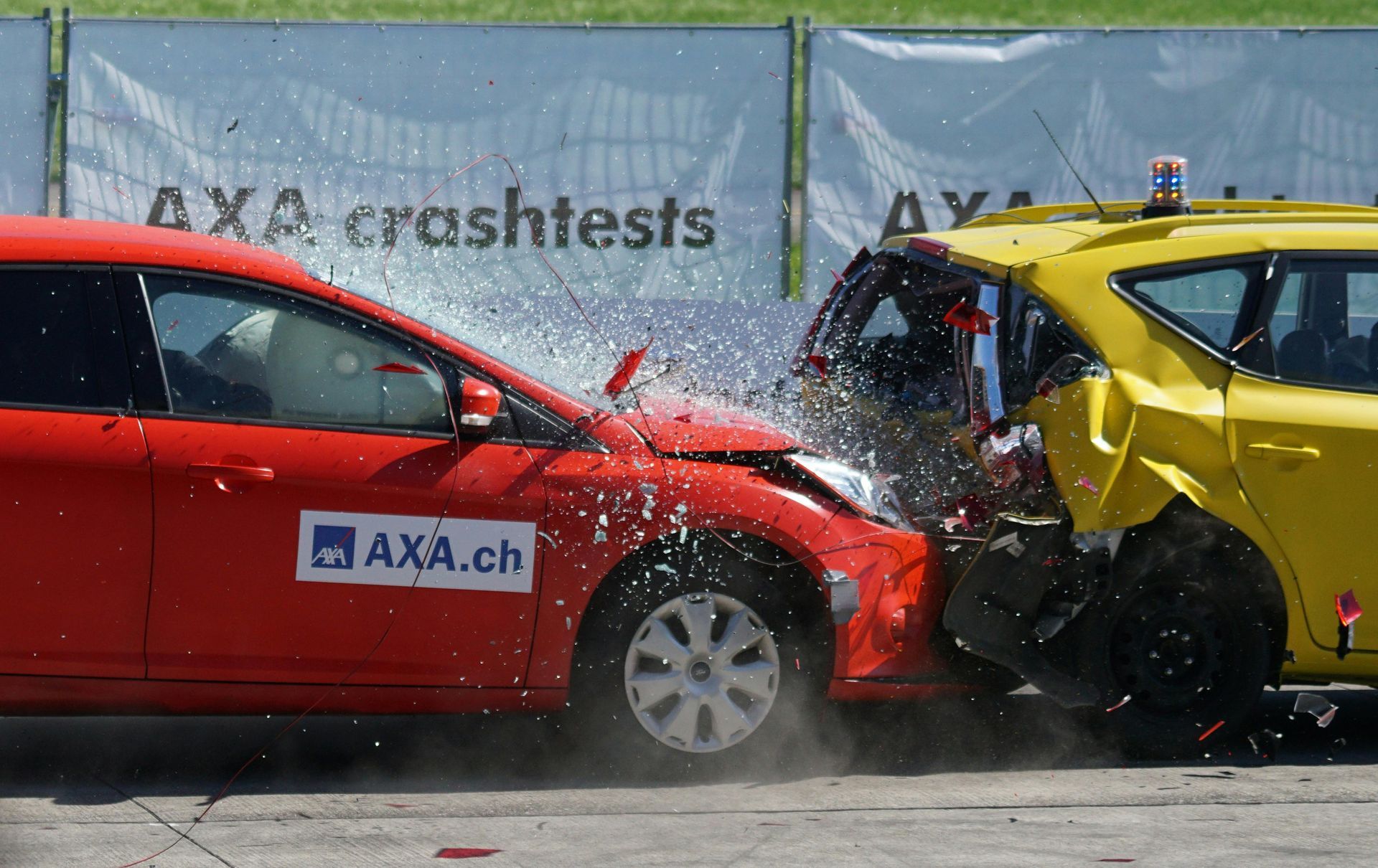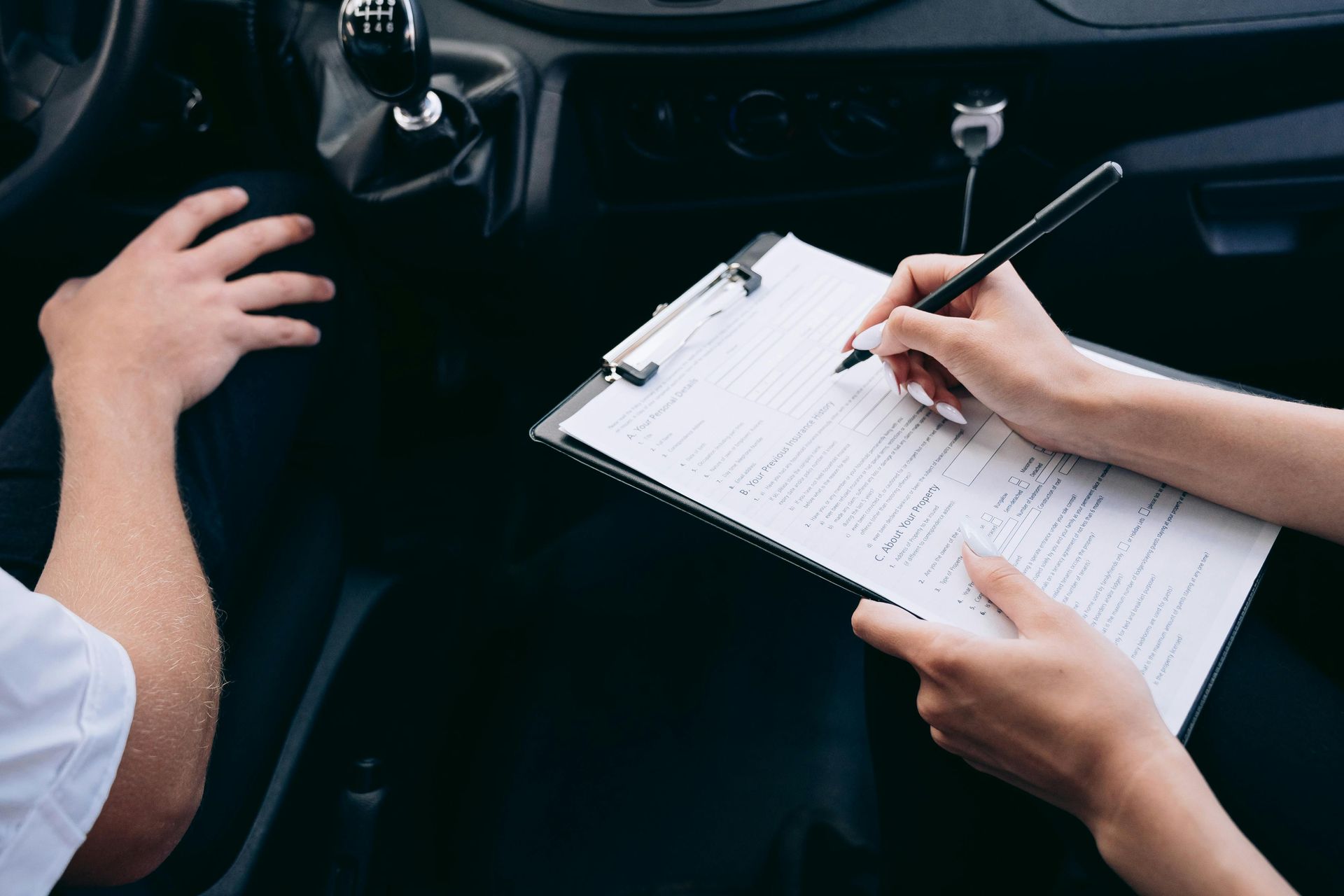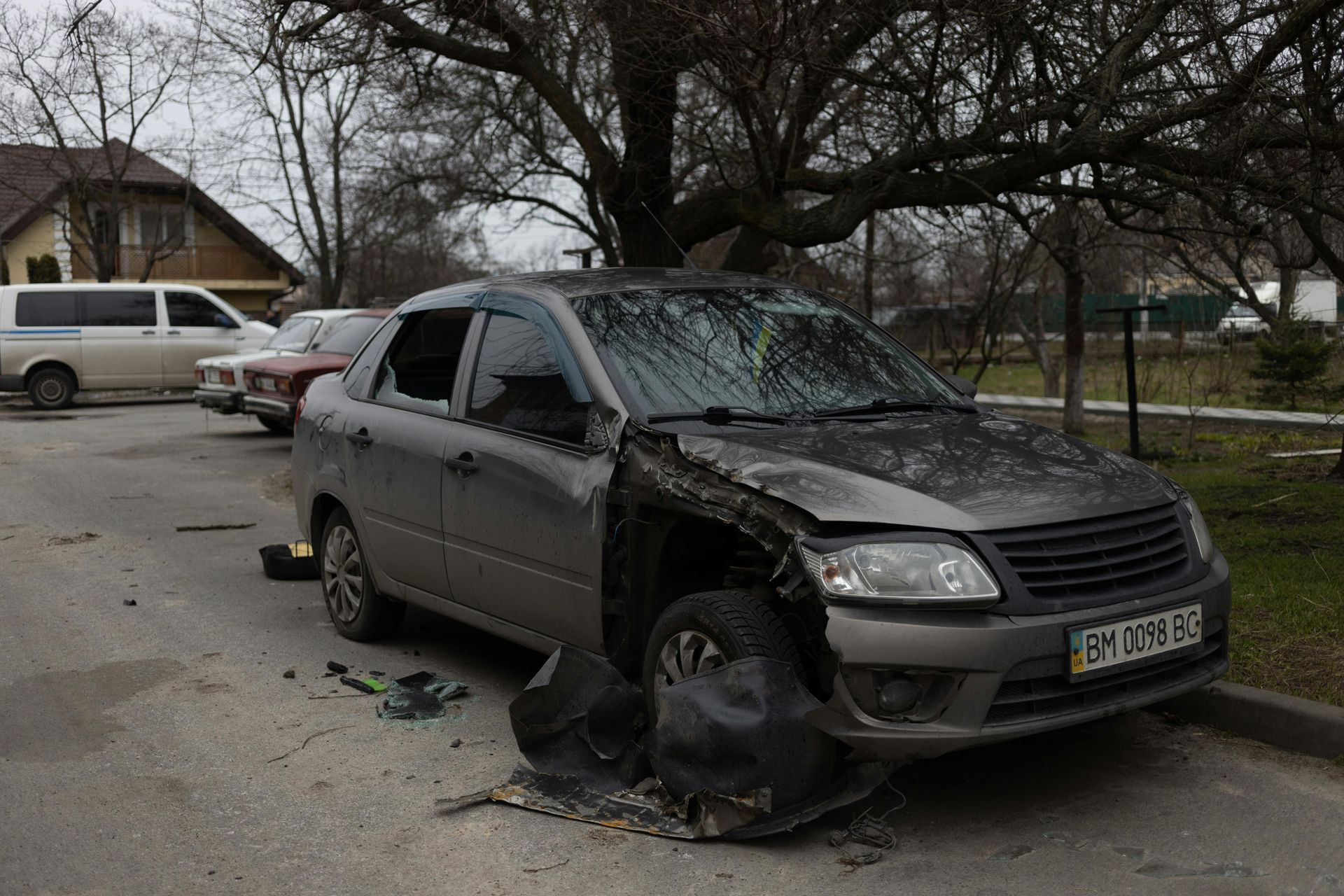April 10, 2025
The screech of tires, the jarring impact – a car accident turns your world upside down in seconds. In the immediate aftermath, you're dealing with potential injuries, vehicle damage, shock, and uncertainty. But just as you begin to process what happened, the phone starts ringing. It’s the insurance adjusters, calling with questions, requests for statements, and sometimes, quick settlement offers. How you handle these interactions can have a profound impact on your ability to recover fair compensation for your injuries and losses. Dealing with insurance companies after a car accident in Pennsylvania is like navigating a minefield. One wrong step, one misplaced word, can seriously jeopardize your claim. Why? Because insurance companies – even your own – are businesses. Their primary goal is to protect their bottom line by minimizing the amount they pay out on claims. Their adjusters are trained negotiators skilled at gathering information that can be used to devalue or deny your claim. You need an advocate who understands their tactics and is prepared to fight back. At The Walker Firm , Founding and Award-Winning Principal Attorney Michael A. Walker , recognized as one of Pennsylvania's Top Personal Injury Lawyers , leads a team dedicated to protecting the rights of accident victims. We know the insurance industry's playbook, and we are committed to ensuring our clients Get The Maximum Compensation That You Deserve. This guide provides crucial advice on how to deal with insurance companies after you've been injured in a car accident in Pennsylvania. Understanding the Players: Who is Calling and What Do They Want? After an accident, you'll likely hear from two different insurance companies: Your Own Insurance Company (First-Party Claim): Their Role: Your insurer handles claims for benefits provided under your policy. In Pennsylvania, this primarily includes First-Party Benefits (FPB), such as mandatory medical benefits ($5,000 minimum required coverage) to pay for your initial medical bills regardless of fault. It also includes optional coverages you may have purchased, like income loss benefits, funeral benefits, and, critically, Uninsured Motorist (UM) and Underinsured Motorist (UIM) coverage if the at-fault driver has no insurance or insufficient insurance to cover your damages. Your Duty: You generally have a contractual duty to report the accident promptly to your own insurer and cooperate reasonably with their investigation, particularly for processing your first-party medical benefits claim. The Catch: While they are "your" company, when it comes to significant claims like UM/UIM benefits (where they step into the shoes of the uninsured/underinsured driver), their interests can become adversarial. They will still try to minimize the payout for your injuries. The Other Driver's Insurance Company (Third-Party Claim): Their Role: This company represents the driver who caused the accident (the "third party"). They handle the Bodily Injury (BI) liability claim made against their insured driver. Their Goal: Their objective is clear: pay as little as possible for your injuries, lost wages, pain and suffering, or deny liability altogether if they can find grounds to do so. The adjuster contacting you is actively looking for information to weaken your claim. Your Duty (or Lack Thereof): You have NO legal obligation to provide a detailed statement, a recorded statement, or sign broad medical authorizations for the other driver's insurance company. Critical "Dos" and "Don'ts" When an Adjuster Calls How you communicate (or choose not to communicate) with insurance adjusters is vital. DON'T Give a Recorded Statement: Why Not? This is perhaps the most critical "don't." Adjusters are trained to ask seemingly innocent but carefully worded questions designed to elicit answers that can be taken out of context. They might try to get you to: Admit partial fault (even subtly). Minimize your injuries ("You sound fine," "Just some soreness?"). Contradict details of the accident or your injuries later on. Speculate about things you aren't sure of. Your Right: You can, and generally should, politely decline to give a recorded statement, especially to the other driver's insurer. You can simply state, "I am not comfortable giving a recorded statement at this time," or "I will have my attorney contact you." Even with your own insurer, if significant injuries or a potential UM/UIM claim exists, it's wise to consult an attorney before giving a recorded statement regarding the injury portion of your claim. DON'T Sign Broad Medical Authorizations (HIPAA Waivers): Why Not? The adjuster (especially from the other side) will likely send you forms authorizing them to obtain your medical records. Often, these authorizations are overly broad, granting access to your entire medical history, potentially going back years before the accident. The insurer's goal is to find any prior injury or pre-existing condition they can use to argue that your current problems weren't caused by the accident. Your Right: Do not sign any medical authorization without having your attorney review it first. Any authorization should be limited specifically to records related only to the injuries sustained in this accident and cover a limited timeframe. DON'T Accept a Quick Settlement Offer: Why Not? Insurers often make quick, lowball settlement offers soon after an accident, hoping you'll accept before you understand the full extent of your injuries and losses. Whiplash, back injuries, or even traumatic brain injuries may take days or weeks to fully manifest. You may need ongoing treatment, physical therapy, or surgery. You won't know your total medical bills or lost wages early on. Accepting an early offer is final – you can never ask for more money later, even if your condition worsens significantly. Your Right: You are under no obligation to accept an initial offer. Always wait until you have completed your medical treatment (or have a clear prognosis for future treatment needs) and have consulted with an experienced personal injury attorney who can accurately value your claim. DON'T Discuss Fault or Speculate: Why Not? Fault can be complex to determine. Stick only to the basic, verifiable facts of the accident (date, time, location, vehicles involved). Avoid saying things like, "I'm sorry it happened," "Maybe I could have stopped sooner," or guessing about speeds. Let the police report and your attorney's investigation establish liability. What to Say: Provide only necessary factual information. If asked about fault, state that the accident is still under investigation. DON'T Minimize Your Injuries: Why Not? Adrenaline and shock can mask pain immediately after an accident. Avoid saying, "I'm fine," "I'm okay," "It's not too bad," or downplaying your symptoms. The adjuster will note this, and it can be used against you later if serious injuries emerge. What to Say: Be honest about where you feel pain or discomfort, even if it seems minor. State clearly that you are injured and are seeking/will be seeking medical evaluation and treatment. DO Report the Accident Promptly (To Your Insurer): Fulfill your policy obligation by notifying your own insurance company about the accident in a timely manner. Provide basic facts needed to open the claim for your first-party medical benefits. DO Seek Immediate and Consistent Medical Treatment: Your health is paramount. See a doctor right away and follow all recommended treatment plans (follow-up visits, physical therapy, specialists). Gaps in treatment give insurers ammunition to argue your injuries weren't serious or weren't caused by the accident. Your medical records are the primary evidence of your injuries. DO Keep Meticulous Records: Create a file and keep everything related to the accident: Photos of the scene, vehicle damage, and injuries. The police report exchange information. Witness names and contact information. All medical bills, receipts for prescriptions, and co-pays. Documentation of lost wages from your employer. Records of mileage driven to medical appointments. A log of all communications with insurance companies (date, time, adjuster's name, summary of conversation). DO Be Polite, But Firm: There's no need for hostility, but firmly protect your rights. If you're uncomfortable answering a question or feel pressured, state that clearly and end the conversation if necessary. DO Consult a Pennsylvania Car Accident Attorney IMMEDIATELY: This is the single most important step you can take. An experienced attorney like Michael A. Walker acts as your shield and advocate. They understand insurance tactics and Pennsylvania law. They can handle all communication with adjusters, protect you from mistakes, gather necessary evidence, accurately value your claim, and fight for the full compensation you deserve. Pennsylvania Specific Factors Insurers Consider Insurance companies operating in Pennsylvania factor these state-specific laws into their claim handling: Tort Options (Limited Tort vs. Full Tort): Your choice on your own auto policy significantly impacts your ability to recover compensation for pain and suffering in many cases. If you chose "Limited Tort" to save on premiums, you generally cannot recover damages for pain and suffering unless you meet certain exceptions (e.g., serious injury threshold, out-of-state vehicle, drunk driver). Insurers will leverage your limited tort status to offer lower settlements. An attorney can determine if you meet an exception. First-Party Medical Benefits: While helpful, the minimum $5,000 often isn't enough for serious injuries. Understanding how this coordinates with your health insurance and the at-fault driver's liability coverage is crucial. Statute of Limitations: Pennsylvania generally gives you only two years from the date of the accident to file a lawsuit. Insurers know this; delaying tactics can sometimes be used hoping you'll miss the deadline. Hiring an attorney ensures deadlines are met. How Michael A. Walker and The Walker Firm Fight for You Insurance companies have teams of adjusters and lawyers working to minimize payouts. You need equally skilled and dedicated representation fighting for you. Michael A. Walker and The Walker Firm level the playing field: We Handle the Headaches: We take over all communication with insurance companies, shielding you from harassing calls and manipulative tactics. We Investigate Fully: We gather police reports, witness statements, photos, medical records, and may hire accident reconstruction experts if needed to prove fault and the extent of your damages. We Understand Value: We know how to calculate the true value of your claim, including current and future medical expenses, lost wages, lost earning capacity, property damage, and pain and suffering. Michael A. Walker's award-winning experience means we know what fair compensation looks like. We Navigate PA Law: We expertly handle the complexities of Pennsylvania's MVFRL, including tort options, UM/UIM claims, and benefit coordination. We Maximize Your Compensation: Our entire focus is on achieving the firm's promise: fighting relentlessly through negotiation or, if necessary, litigation to get you The Maximum Compensation That You Deserve. Don't Face the Insurance Maze Alone Following a car accident in Pennsylvania, dealing with insurance companies is an unavoidable but potentially perilous part of the process. Remember, adjusters are trained professionals working for the insurer's financial interests, not yours. Protecting your right to fair compensation requires caution, immediate medical attention, careful documentation, and – most importantly – prompt legal representation. Don't let an insurance adjuster pressure you into accepting less than you deserve or trick you into harming your own claim. Take control by understanding the process and getting expert help on your side from the start. If you have been injured in a car accident in Pennsylvania, contact The Walker Firm today. Schedule a free, no-obligation consultation with award-winning attorney Michael A. Walker . Let us handle the insurance companies while you focus on your recovery. We are ready to fight for the maximum compensation you are entitled to receive. Call The Walker Firm Now – Get The Maximum Compensation That You Deserve! Disclaimer: This blog post is intended for informational purposes only and does not constitute legal advice or create an attorney-client relationship. 1 Auto accident and insurance laws in Pennsylvania are complex and fact-specific. You should consult with a qualified Pennsylvania personal injury attorney regarding your particular situation. Contact The Walker Firm for personalized legal counsel.



























